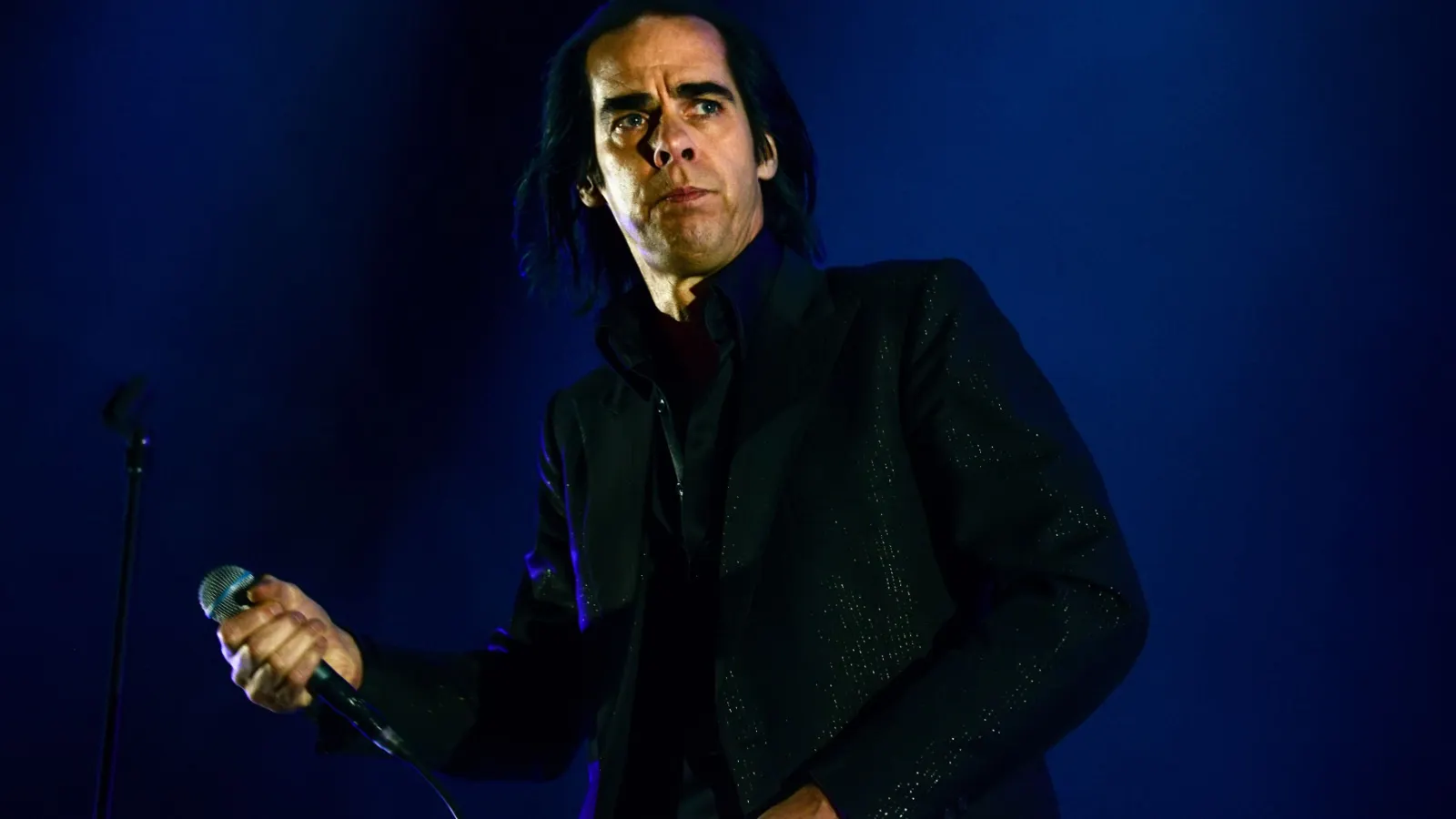When it comes to artificial intelligence in music, legendary rock musician Nick Cave is not a fan. The 65-year-old lead singer of Nick Cave and the Bad Seeds (the band behind the theme song of the crime drama “Peaky Blinders”) took to his blog to answer fan questions about ChatGPT and the music business.
“ChatGPT rejects any notions of creative struggle, that our endeavours animate and nurture our lives giving them depth and meaning,” Cave wrote. “It rejects that there is a collective, essential and unconscious human spirit underpinning our existence, connecting us all through our mutual striving.”
When asked his view on an artist using ChatGPT to write lyrics because of its ease, Cave didn’t hold back, saying that the artist using ChatGPT because it is “faster and easier” is participating in the erosion of the world’s soul and the spirit of humanity itself.
“To put it politely, [the songwriter] should fucking desist if he wants to continue calling himself a songwriter,” Cave said.
Cave argued that ChatGPT aims to do away with the creative process and the hurdles it presents.
“ChatGPT is fast-tracking the commodification of the human spirit by mechanising the imagination,” Cave said. “It renders our participation in the act of creation as valueless and unnecessary.”
While not new, artists like Cher and T-Pain have long used programs like Auto-Tune to modify their voices. Still, creators' use of artificial intelligence reached new heights after the launch of generative AI platforms ChatGPT, Midjourney, and Stable Diffusion.
Tools like Meta's MusicGen allow even non-musicians to create music using text prompts. A recent study estimates 60% of recording artists already incorporate AI into their music creation.
After ChatGPT was released publicly in November, artificial intelligence, particularly generative AI, swiftly entered the mainstream, with the music, gaming, movies, and television industries looking to leverage the technology.
Generative AI is artificial intelligence that can create new content—such as text, images, or music—using prompts.
"In the end, this is evolution—this is going to happen, whether we like it or not," September Mourning lead singer Emily Lazar previously told Decrypt. "Instead of fighting it, embrace it, and then use it to better your brand, performance, and creative endeavors.”
Claire Boucher, better known as Grimes, has enthusiastically embraced AI in her music, but she cautioned that excessive reliance on AI could discourage learning and creativity in areas like writing.
"I’m trying to meet with all the people making generative AI music to try to convince them to do things in ways that are safe for the human psyche," Grimes told Wired in an article published Wednesday.
Seeing how the technology and its use in music were developing, in June, the Recording Academy updated the rules for the 2024 Grammy Awards allowing the use of AI tools in the creation process of music submitted for nomination.
"[The Recording Academy] will not be giving an award to AI-generated material, but we will allow material that was contributed to by AI to be entered," Recording Academy CEO Harvey Mason Jr told Decrypt. "It wouldn't be fair to discredit every piece of creative work that was submitted if it had been touched by AI."
While the Recording Academy is open to AI in the music industry, Cave calls the technology a temptation that will eat at the creative spirit.
“There are all sorts of temptations in this world that will eat away at your creative spirit, but none more fiendish than that boundless machine of artistic demoralization, ChatGPT,” he said.

